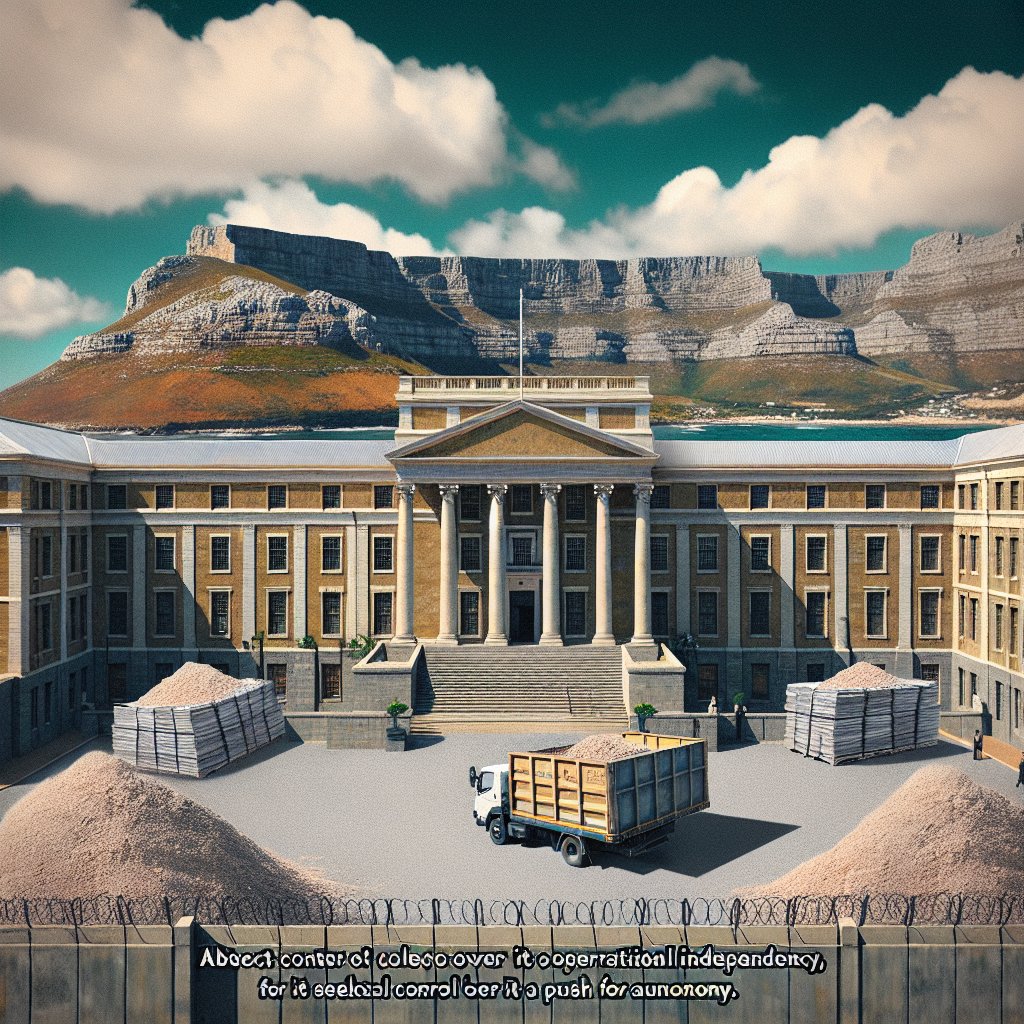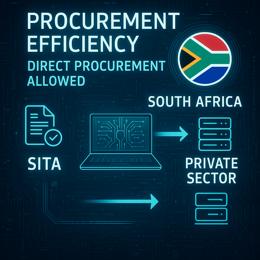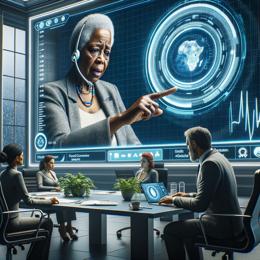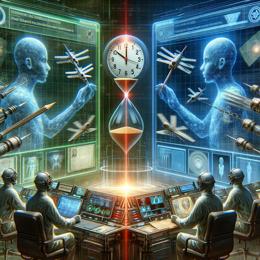Image: AI generated for illustration purposes
Robben Island Museum Seeks Greater Authority over Site Maintenance
In a recent push for increased autonomy, Robben Island Museum (RIM) has brought its case to the Parliamentary Portfolio Committee on Public Works and Infrastructure, airing grievances over the slow progress in site maintenance and management. The Cape Town landmark, famed for its history as a political prison during apartheid, is a World Heritage Site whose upkeep is crucial not only for heritage preservation but also for tourism and education.
Chief Executive of the Robben Island Museum, Abigail Thulare, made a compelling argument to the Committee, advocating for the devolution of maintenance duties from the Department of Public Works and Infrastructure (DPWI) to the Museum itself. With direct control over the maintenance budget, RIM believes it can manage its preservation needs more efficiently. Thulare cited current budget constraints, where not all maintenance requests can be addressed, as a primary challenge impacting the integrity of the site.
The request for operational autonomy comes after a particular incident wherein the RIM independently managed the disposal of asbestos debris, with the DPWI having previously initiated an assessment but not having shared the results with either the RIM or the Department of Sport, Arts and Culture (DSAC). Thulare called for an integrated approach with full cooperation from all stakeholders — a sentiment echoed by Members of Parliament, who raised concerns over gaps in communication between departments.
The proposal by RIM encompasses the institution acting as the implementing agent for maintenance, while the DPWI would retain high-level oversight to ensure that heritage standards are maintained. Parliamentarians expressed varied opinions on the matter. Economic Freedom Fighters (EFF) MP Mathapelo Siwisa criticized the DPWI's lackadaisical approach and highlighted the need for a day-to-day maintenance budget to prevent urgent repair delays. She also raised a warning about the potential deterioration or privatisation of heritage sites without improved oversight.
Democratic Alliance (DA) MP Sello Seitlholo emphasized the DPWI's role in leading the coordination of maintenance efforts across relevant departments, aligning with the RIM’s grievances about current processes.
The concept of devolving maintenance powers is not a novel idea, with other entities within South Africa expressing similar demands for operational independence. Acknowledging these concerns, acting director-general advocate Richard Sizani noted that Minister Sihle Zikalala has directed the department to reassess the policy concerning the devolution of facility management, suggesting that change may be on the horizon.
The stand-off presents a compelling juncture in South Africa’s management of its cultural and historical landmarks, with the integrity of Robben Island hanging in the balance. As the Robben Island Museum remains resolute in its pursuit of greater control over its maintenance management, it prompts a broader discussion on the efficiency of heritage site administration in the country.










